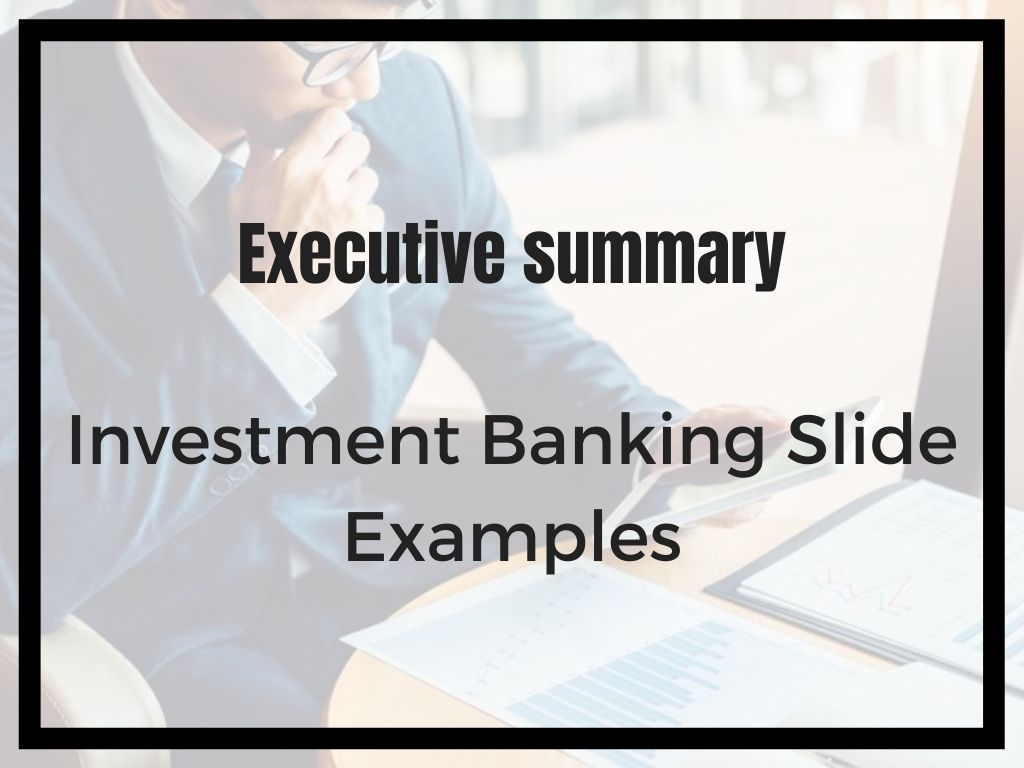
There are many things to consider when searching for a job at Boston Environmental Consultant. These factors include experience, education, pay, and job titles. It may surprise you to find out that the amount of salary an Environmental Consultant can make in Boston, MA varies from one company to another.
Experience
The Boston Environmental Corporation is a full-service environmental consulting firm that specializes in soil disposal and remediation. Since 2001, the firm has served a variety of clients including healthcare facilities as well as developers and engineering firms. Laura Brown has experience in a wide range of environmental issues, including particulate monitoring, PCB and wastewater sampling, permitting, and petroleum spill prevention planning. She has also managed her own environmental consulting business for seven years.
There are many factors that affect the salary of Environmental Consultants. An experienced professional will earn a higher salary than someone who has just been out of school and has no work experience. Additional education or experience may lead to additional pay. A candidate who has a degree in management and other experience will likely command a higher salary.

Education
Boston-based businesses are focused on environmental and education consulting. These companies help institutions meet their sustainability goals and manage costs while boosting student engagement. They can reduce the carbon footprint of institutions and increase energy efficiency by developing innovative energy programs. They can also help clients create renewable energy systems, and take part in renewable energy market.
Each position has a different base salary. The base pay for an environmental consultant ranges between $71,276 - $93,087 per the year. This base salary can also include bonuses and profit sharing. Total pay is the total of the base pay plus any bonuses, overtime or other cash earnings. The salary for an Environmental Consultant in Boston can vary greatly depending on where you live and what company you work for.
Pay
The average salary for an environmental consultant is $60,000. However, similar jobs can earn higher salaries. Salary is also influenced by experience. Your ability to expect to earn more depends on how many years you have worked. Pay is also affected by where you live. Large cities have higher living costs.
Many projects can be managed by environmental consultants. They conduct site investigations, manage remediation projects, and advise on new technology/regulation issues. They also communicate new business information to clients and interpret complex data. Coordinating corrective actions is another part of their job description. While an individual's level of education or experience may affect their exact salary, the ranges below are representative of the field.

Titles of jobs
Environmental consultants are multi-disciplined professionals with a wide range of knowledge in various aspects of the environment. They can help businesses with environmental policy and management, as well as assessing potential environmental hazards. They help clients avoid legal action and fines by protecting the environment.
There may be a variation in the salary of an environmental consultant depending on industry and geographic location. As an environmental specialist, you are responsible for planning and co-ordinating corrective actions to address potential and actual hazards. In the chemical manufacturing industry, you often have to manage remediation and site investigations. Other responsibilities include communicating new business information and competing conditions.
FAQ
What skills is required to consult?
As a consultant, you should have both strong interpersonal skills and analytical skills. This is crucial because you might not be able to understand what you are doing when you work on complex projects. It is important to learn how to quickly solve problems and manage people.
Also, you must have great communication skills. Most clients expect an answer within 24 hours. If they don't hear anything, it is likely that they aren't interested in you. It is vital to inform them and make sure that they are fully informed.
What qualifications does a consultant need?
It is not enough to have an MBA degree. You must also have experience as a consultant. You must have at least two years' experience working in consulting and/or training within a large company.
Your experience in strategy development projects requires that you work closely with senior managers. This requires you to feel confident presenting ideas to clients, and getting buy-in.
A professional qualification exam like the Certified Management Consultant (CMC), Chartered Management Institute, is required.
Which industries employ consultants
There are many different types of consultants. There are many types of consultants. Some specialize in one type of business, while others can handle multiple areas.
Some consultants are limited to working for private corporations, while others can represent large corporations.
Some consultants are available to help businesses around the world.
What are the benefits to being a consultant?
Consultants often have the option to choose when and what they do.
This means that you can work when you want and wherever you want.
You also have the freedom to change your mind at any time without fearing losing your money.
Finally, you can control your income and set your own schedule.
Do I need a degree to be a consultant?
You can become an expert in any subject by learning the subject thoroughly, then applying what you have learned.
So if you want to learn how to become a great consultant, start studying now!
A degree without relevant experience may make it difficult for you to be hired. You could still apply if you are able to show that you have the same subject knowledge as the people who were hired.
Employers will always be attracted to candidates who are able to apply their real-world skills.
What happens after the consultant completes the job?
After the consultant has completed the work, they will submit a final document detailing the results. This report will include project timelines and deliverables as well as any other relevant information.
The report will be reviewed and you can decide if the consultant met all your expectations. If it does not, you can ask for changes or terminate the contract.
How do I get clients to my consulting business?
Finding a passion area is the first step. You can choose to be passionate about anything, from public relations and social media. If you don't feel passionate about it, you might need to start small with web design. Once you have discovered the niche, understand what it does. What problems does this solve? Why should people use it? What can you do to support them?
You can also contact businesses directly.
If all else fails why not offer your services to free events like conferences and networking evenings? You'll meet many potential customers without spending money on advertising, and you'll be able to show off your skills.
Statistics
- Over 62% of consultants were dissatisfied with their former jobs before starting their consulting business. (consultingsuccess.com)
- So, if you help your clients increase their sales by 33%, then use a word like “revolution” instead of “increase.” (consultingsuccess.com)
- My 10 years of experience and 6-step program have helped over 20 clients boost their sales by an average of 33% in 6 months. (consultingsuccess.com)
- 67% of consultants start their consulting businesses after quitting their jobs, while 33% start while they're still at their jobs. (consultingsuccess.com)
- Over 50% of consultants get their first consulting client through a referral from their network. (consultingsuccess.com)
External Links
How To
How to Find the Best Consultant
First, ask yourself what kind of consultant you are looking for. Before you start looking for someone to work with, it's important that you know your expectations. A list of what you expect from a consultant is helpful. This could include things like; professional expertise, technical skills, project management ability, communication skills, availability, etc. After you have outlined your requirements, you might want to ask friends and colleagues for recommendations. Ask your friends and colleagues if they have had bad experiences with consultants in the past. Compare their recommendations with yours. Research online if you don’t already have recommendations. There are many websites, such as LinkedIn, Facebook, Angie's List, Indeed, etc., where people post reviews of their previous work experiences. Consider the ratings and comments of other candidates and use these data to start your search for potential candidates. Finally, once you've got a shortlist of potential candidates, make sure to contact them directly and arrange an interview. Talking through your requirements during the interview is a good idea. Ask them questions about how they can assist you in achieving those goals. It doesn't matter if they were recommended to your company; all that matters is that they are able to understand your business goals and show how they can help.